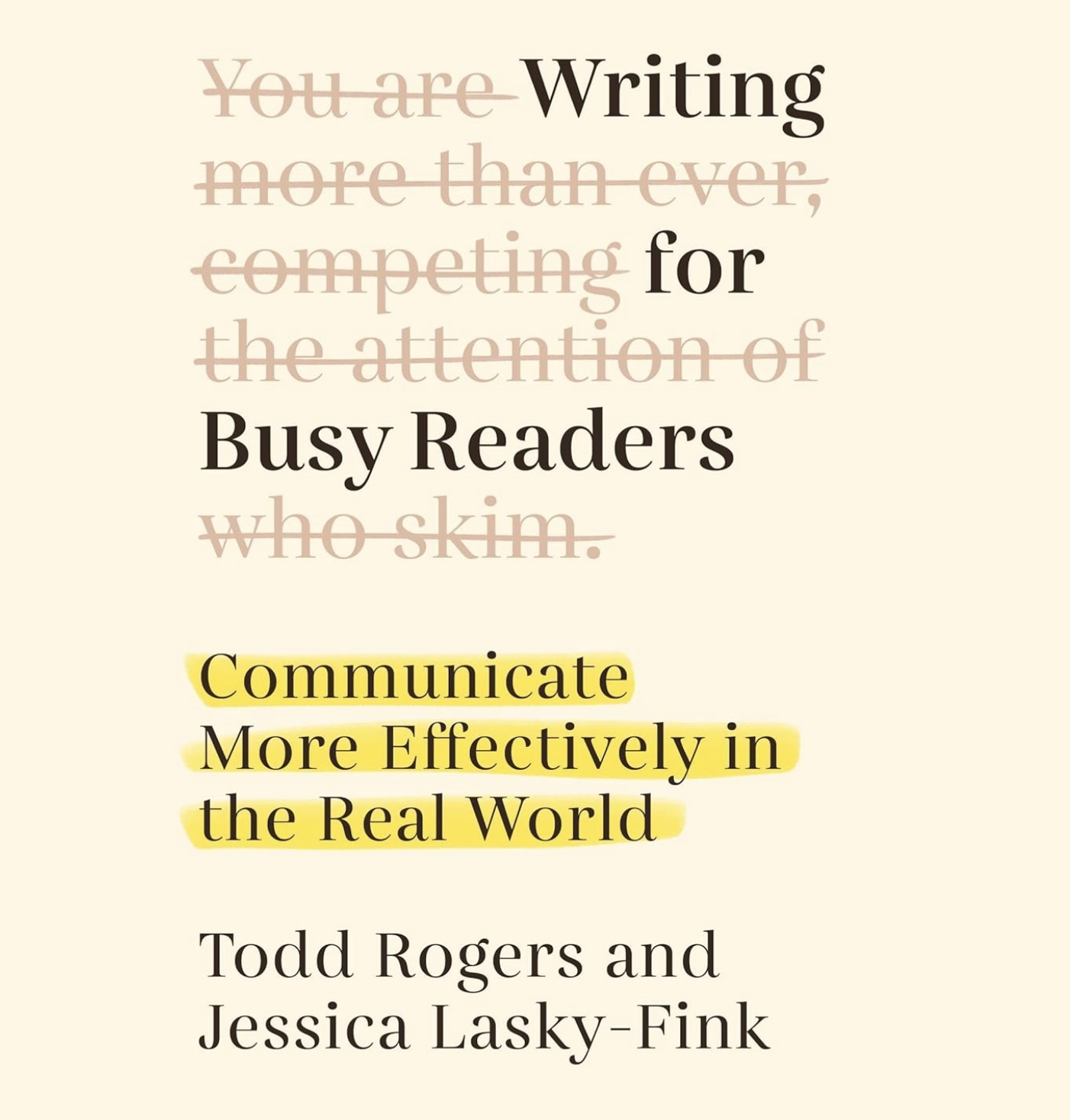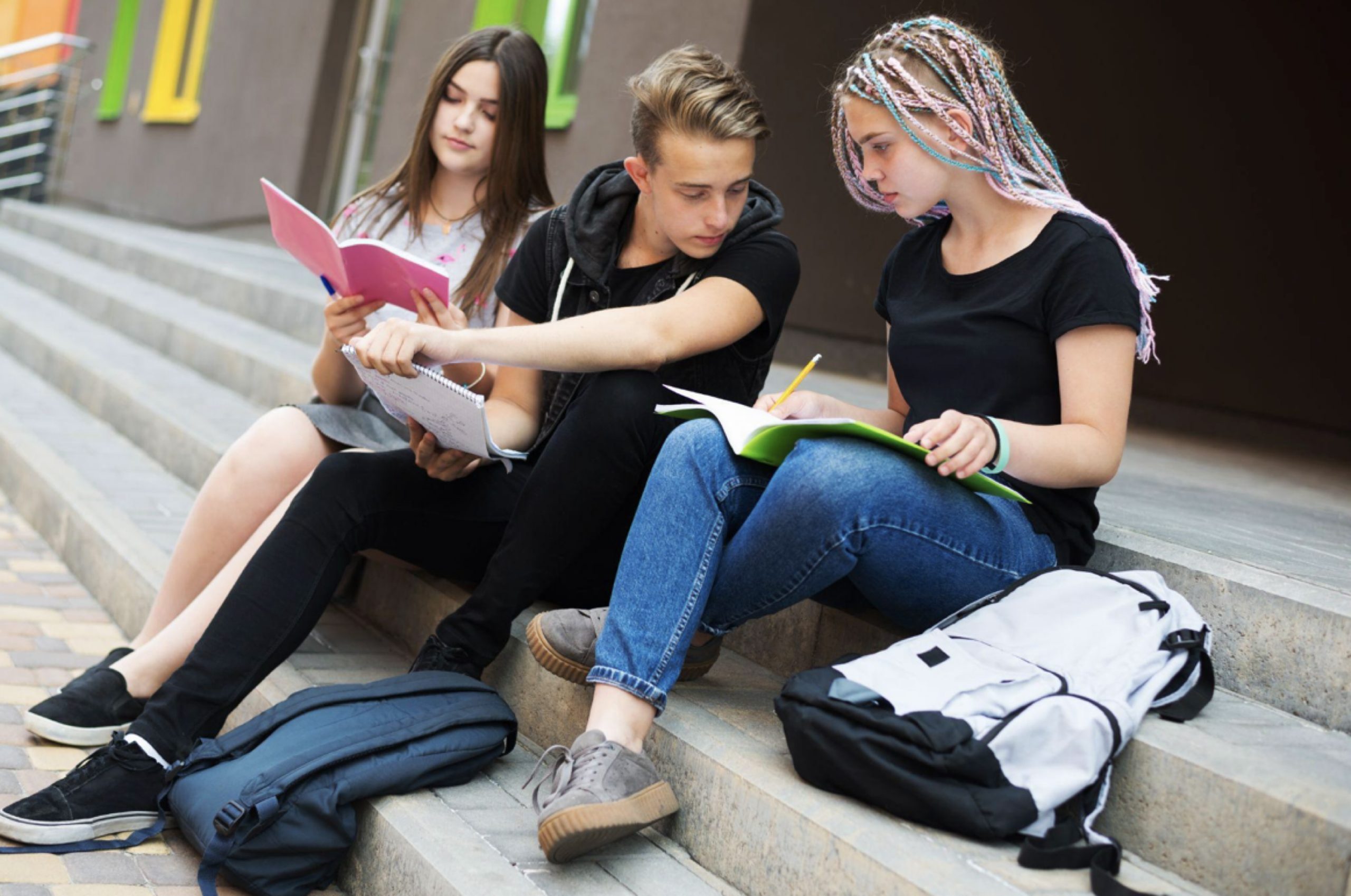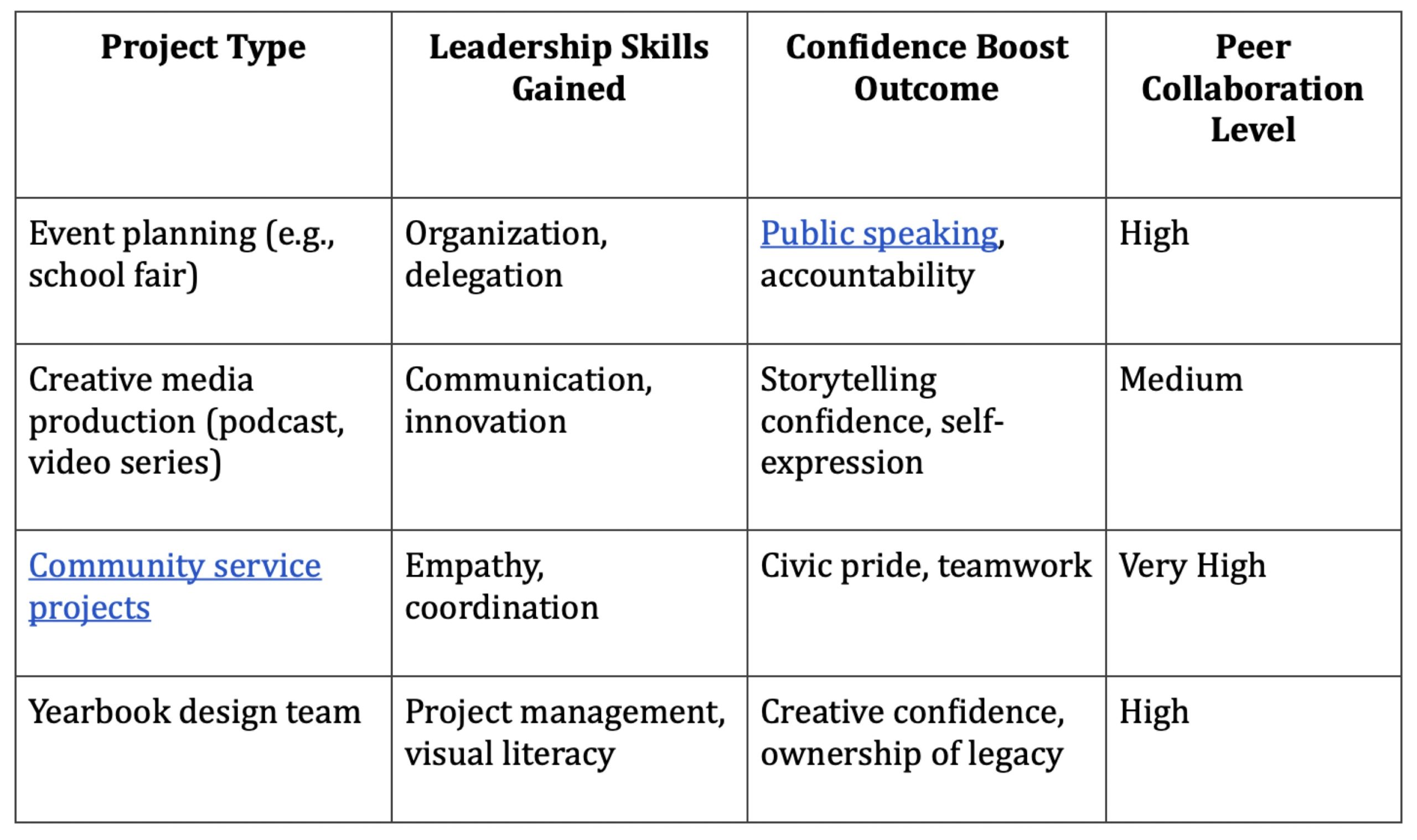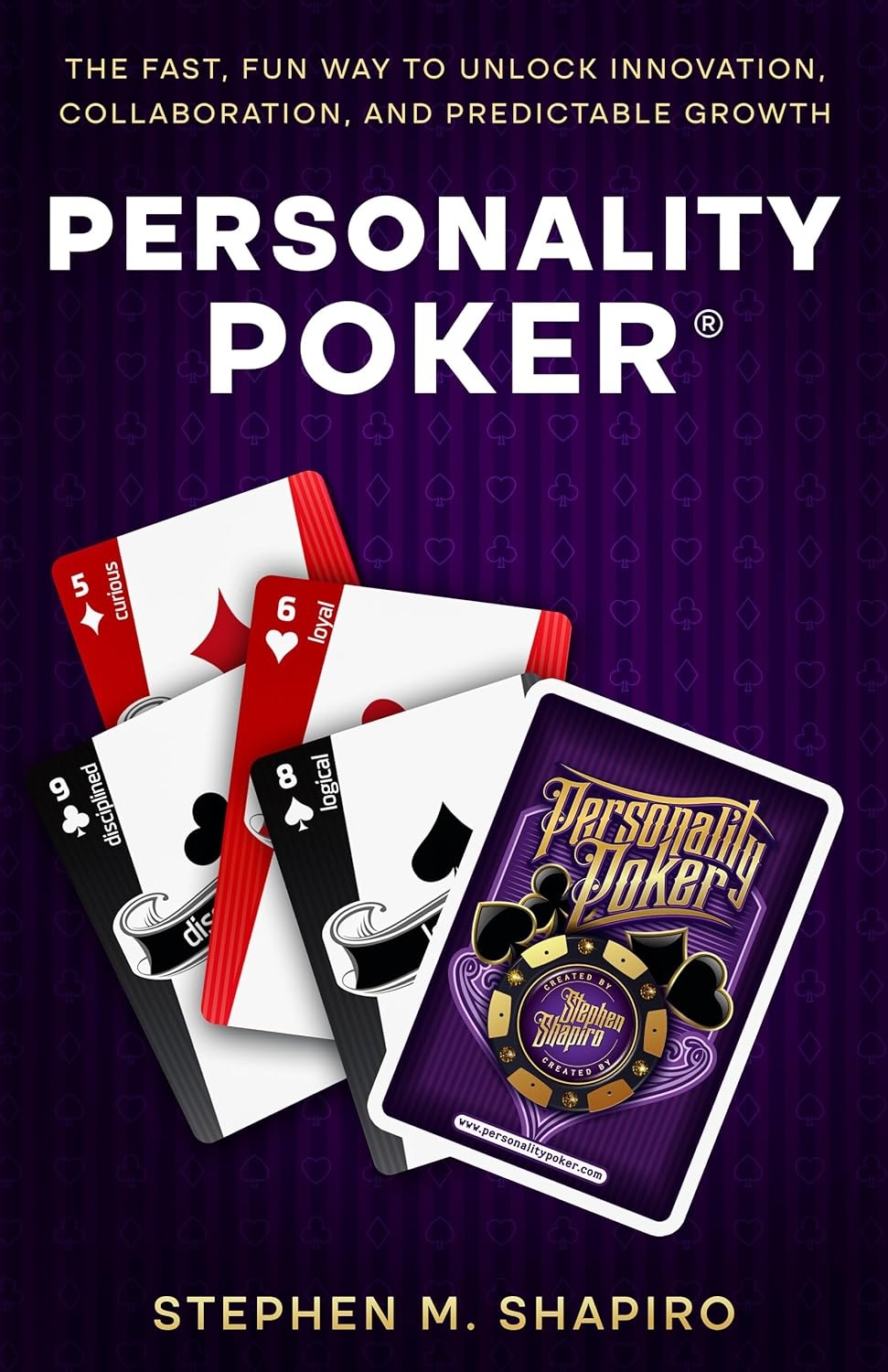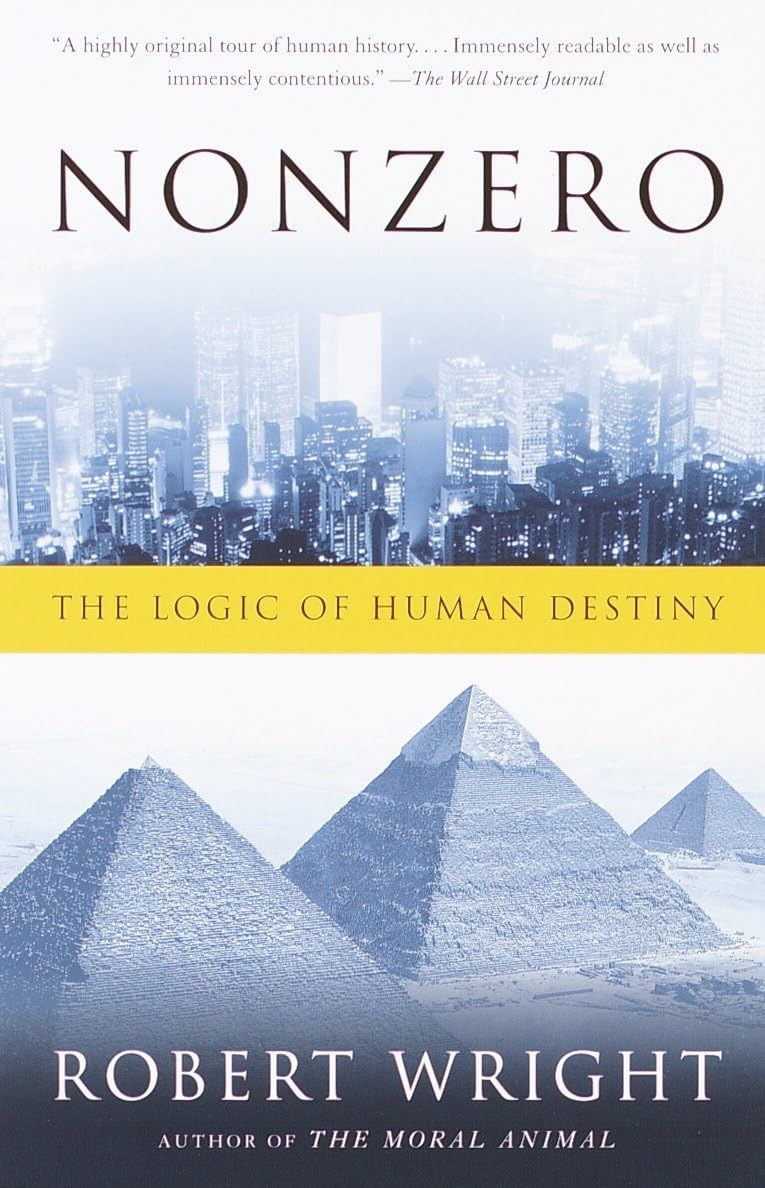
How to Keep Your Kid’s Brain Moving Over Breaks by Emily Graham offers great advice to anyone who has to supervise a student during a school break, which can be as long as a summer break or as short as a weekend. Please share with parents you know.
Introduction
School breaks can be a time of drift or quiet acceleration. Kids need rest — but long
stretches without structure can dull progress, especially in core subjects like reading, math,
or even language learning. Parents don’t need to become teachers to stop the slide — just
good facilitators. With the right rhythms and low-pressure options, you can keep your child
curious and engaged without burning them out or turning summer into school 2.0.
Start With Why Learning Slows Down
Extended time away from school makes it harder for students to maintain academic
footing. Reading comprehension slips. Math skills fade. Kids lose the mental routines that
help them focus and retain information. That’s not because they’re lazy or disengaged,
it’s just how cognitive systems work. If you want to prevent summer learning loss, you need friction — just enough engagement to keep the learning circuits active. A small,
regular push is far more effective than occasional sprints.
Your Role Is to Prime, Not Push
You’re not trying to replicate a classroom. You’re trying to make space for questions,
conversation, and effort. When you read aloud with your child, pause. Ask what they think
will happen next. Try to engage them in learning through small, consistent co-learning
moments. The goal isn’t mastery — it’s momentum. Your presence, your tone, and your
interest shape whether your child sees learning as something to tolerate or something
worth showing up for.
Supplement With Human-Led Online Support
Not every subject clicks in the same way. And not every parent can support every subject
equally — that’s normal. One of the most practical ways to supplement is through online
tutoring. It offers structure without rigidity, and many platforms allow you to adjust timing
based on your child’s schedule. If your child needs extra help with Spanish, for example,
you might try online Spanish tutors that are personalized, flexible, and motivating. Some let
you switch instructors, book trial lessons, and match based on your goals — a supportive,
immersive, and best value for money approach that feels both engaging and effective.
Keep Learning Cadence With Short Practice Windows
One of the simplest shifts you can make is in how you pace repetition. Instead of long,
dense study sessions, spread things out. Short practice blocks — 10–20 minutes a few
times a week — help the brain store and stabilize new knowledge. The key is rhythm, not
rigor. Using a family toolkit that supports retention across math, reading, and writing can
help structure this without having to build your own plan. Let the tools do the heavy lifting
while you focus on showing up.
Include Movement to Reset the Brain
Cognitive overload happens fast — especially for younger kids. But movement resets
attention. That’s not anecdotal; it’s biologically grounded. Stretching, light cardio, even a
dance break has been shown to support focus and mental clarity. If your child is flagging
mid-session, pause. You’ll get more learning value after a reset. In fact, active breaks boost
attention better than silent sitting or passive distractions. It’s counterintuitive, but stepping
away can make recall stronger.
Follow Their Interests — Especially in Reading
The best summer learning doesn’t feel like learning. It feels like following a question. If
your child loves sports, get them books about athletes. If they like animals, find stories set
in the wild. When reading is centered on choice and interest, motivation spikes. You’re not
trying to enforce a reading log. You’re trying to spark summer reading engagement by
showing them that books are a gateway, not a checklist. Even reluctant readers often
respond well when they’re given options.
Let Loose Structure Do the Heavy Lifting
Some parents go into break mode thinking, “We’ll just play it by ear.” Others build color-
coded schedules that collapse by week two. The sweet spot is somewhere in between:
simple routines that kids can anticipate without strict timelines. Morning reading? Check.
Screen-free hour in the afternoon? Done. That kind of balance between freedom and
structure helps children hold onto school-year habits without making it feel like
punishment. You’re maintaining momentum — not applying pressure.
You don’t need a master curriculum. You need a few strong rhythms. Parents who build in
light structure, leave room for curiosity, and add small supports — whether it’s a reading
session or a quick language lesson — are the ones who see their kids return sharper, not
slumped. The secret isn’t piling on more work. It’s timing, tone, and matching how kids
learn when the pressure’s off. So as the break rolls on, worry less about doing “enough” —
and more about doing “just right.”
FAQ: Supporting Learning During School Breaks
Q: How much learning time is ideal during a break?
A: For younger students, even 15–30 minutes a few times a week can help. It’s the
regularity, not the volume, that matters most.
Q: What subjects should I focus on?
A: Reading and basic math are the most vulnerable to skill fade. But subjects like language,
art, and science can add fun and variety.
Q: How do I keep my child motivated?
A: Follow their interests. Let them pick the topic, book, or project. Offer small wins and
praise effort, not just results.
Q: What if I’m not confident helping with certain subjects?
A: Consider online tutoring for support. Many platforms offer flexible, subject-specific help
that complements your child’s pace.
Q: Will this really make a difference in the long term?
A: Yes. Children who stay engaged even lightly during breaks often return to school more
confident and ready to learn.
Q: Is school break a good time to start language learning?
A: Yes — it’s an ideal time. Without the pressure of grades or homework, kids can explore a
new language in a more relaxed, engaging way. Even short, consistent sessions can build
real momentum and boost confidence heading into the next school year.
Unlock a world of knowledge and innovation with Dr Doug Green’s insights on education,
productivity, and personal growth—visit today to start your journey towards a smarter
future!
Emily Graham
Emily is the creator of MightyMoms.net. She believes being a mom is one of the hardest jobs around and wanted to create a support system for moms from all walks of life. On her site, she offers a wide range of info tailored for busy moms — from how to reduce stress to creative ways to spend time together as a family. You can email her at emilygraham@mightymoms.net. She lives in Arizona.
